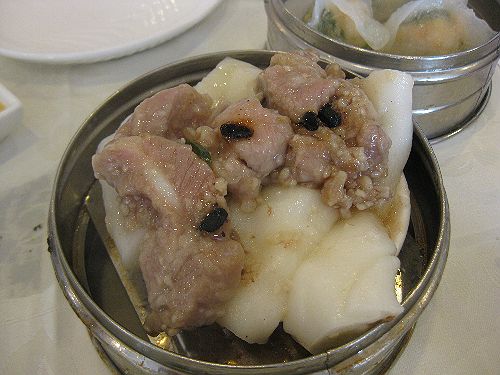Confucius (551-479 B.C.) is remembered by Chinese of all levels of life for various reasons. One noticeable one is his approach to education. he stimulated his students to think by posing questions. He also maintained that the molding of the personality was of prime importance in education, and everything else followed from this. Thus, if the tales told after him have any truth in them, he tailored his methods to each student's needs.
His teaching style was more in the way of informal conversations than formal classes. Roughly speaking, his discourse covered three fields, the classics and philosophy, including his views on reforms which would bring the government of the ducal states back to what he considered the ideal of ancient times, the forms and ceremonies of those past times; and poetry and music.
He was an avid lover of music, which he once remarked could help mold kindness and uprightness of character. Wherever he went in his travels though the states, he collected the songs of the people, which he used in his teaching, and near the end of his life edited the ancient collection The Book of Songs.
Altogether at one time or another some 3,000 young men came to study under him. The 72 who were the brightest and spent the most time with him came to be known as his disciples. Some of them went with him on his travels to other states.
Most devoted among them was Zi Lu, by nature rather brash and very courageous but lacking in tactics. Confucius warned him more than once to use caution. One story goes that Zi Lu asked Confucius, “If you were to lead an army, who would you take with you to the battlefield?”
Confucius' reply was:“I would certainly not take anyone who dreamed of killing a tiger bareheaded. Neither would I take anyone who behaved rashly and wanted to cross a river without any preparation. I would take with me someone cool-headed and prudent.”
Zi Lu developed into a person with political insight. He traveled to the State of Wei with Confucius and when Confucius left, Zi Lu and another student stayed on to serve the Duke of Wei in important positions. When Confucius later heard that the other would return but that Zi Lu would die, for he knew that his honest and upright man would not turn with the tide. Son the news reached Confucius that Zi Lu had been killed in battle, and he wept bitterly for his student.
Another story is about his relation with Yan Hui, who is the one said to have carried out Confucius' ideas most faithfully. He led a hard life, but never let it deter him from his studies. Confucius once said of him, “I doubt that I can find another person who is so attentive, diligent and consistent in his studies as Han Hui. . . . He eats coarse grain, drinks nothing but water and lives in a small narrow lane. To anyone else this would be depressing, but not Yan Hui. He is always happy and always studies hard.”
But Confucius criticized Yan Hui for being too obedient and not having independent views. “Yan Hui accepts everything I say,” he observed. “That's neither good for him nor for me.”
Gongye Chang was another of his students. He was imprisoned on a charge that Confucius believed to be unfounded. As a gesture of his faith in him Confucius announced that he was willing to offer one of his daughters to be his wife.
One tale may be taken as an illustration of his consideration of differences. Zi Lu asked him a question, “When we hear a good proposal, should we put it into practice at once?” “You should always first ask someone with more experience,” Confucius answered the same question. To him Confucius replied, “Of course you should put it into practice at once.” A third student who had heard both answers, puzzled by their apparent contradiction, asked Confucius about it.
“Ran You always hesitates when making a decision,” the sage said. Therefore he should be encouraged to be bolder. Zi Lu tends to make hasty decisions. Therefore he should be reminded to be cautious. It's only natural that different people should get different answers.
When Confucius died at the age of 73, some of his disciples put up huts beside his grave and lived in them for three years in mourning. One by the name of Zi Gong did not feel this was enough, so he stayed on for three more years. Today visitors to Confucius see a small cottage standing to the right of it, which, rebuilt many times in after years, stands on the site of Zi Gong's hut.








 PREVIOUS
PREVIOUS